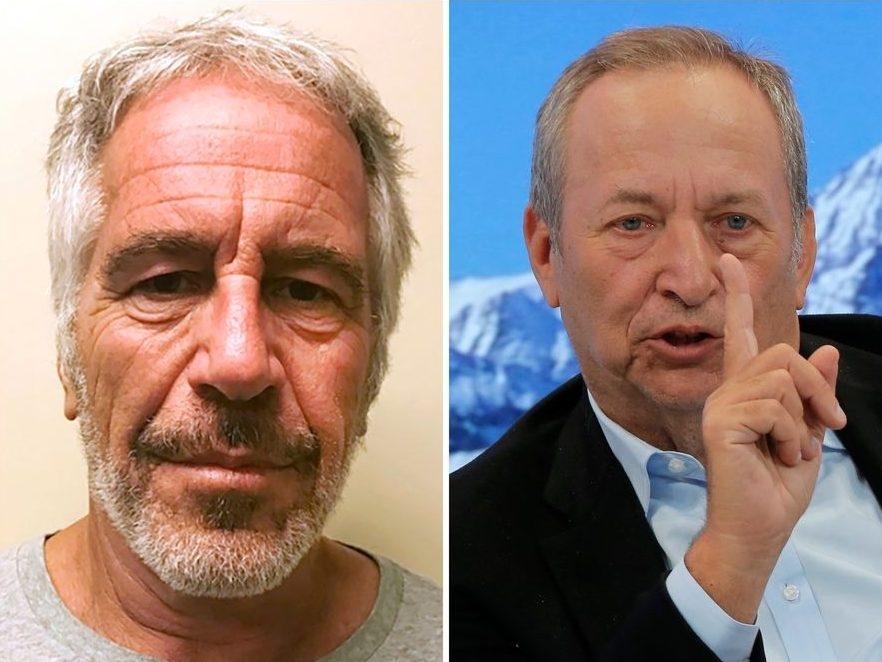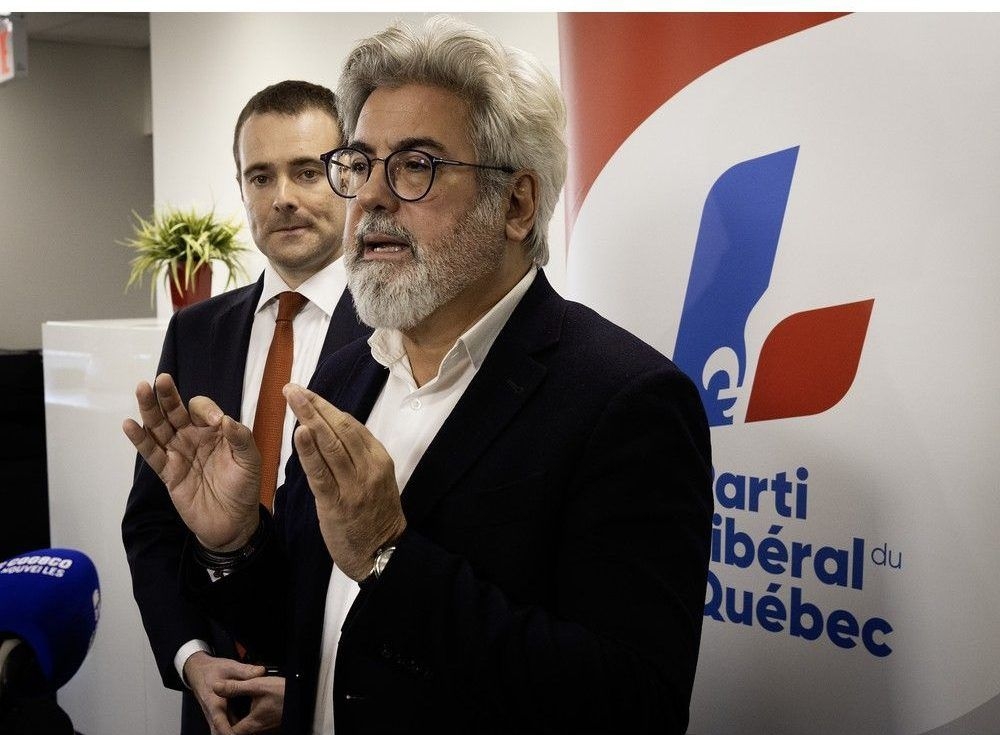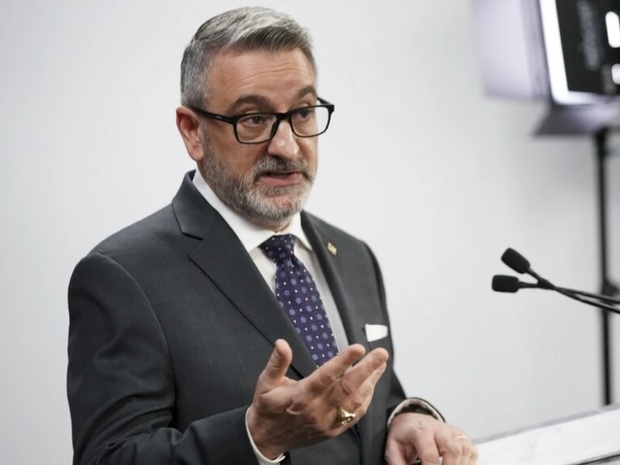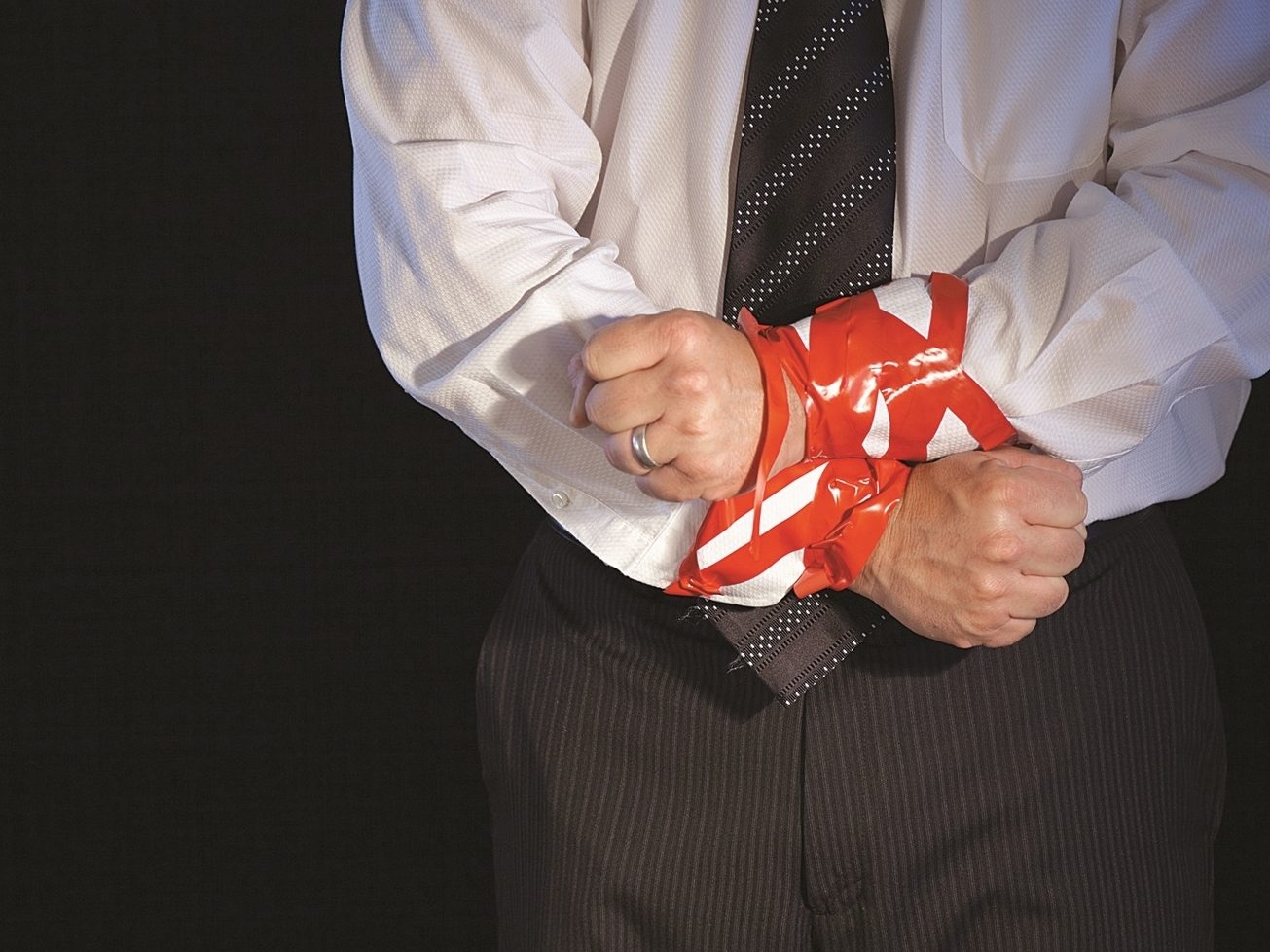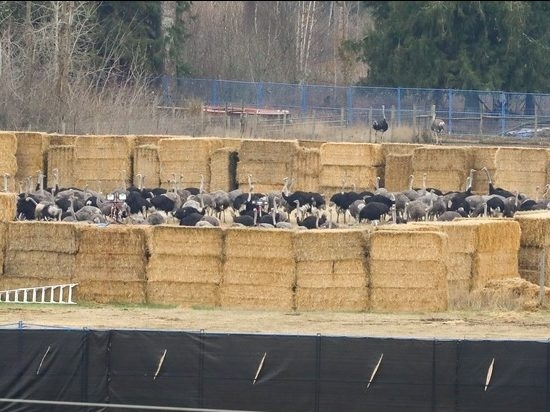Prime Minister Mark Carney arrived in Abu Dhabi this week, embarking on a high-stakes mission to forge stronger economic ties with the United Arab Emirates. The visit, the first by a Canadian prime minister in four decades, is focused on attracting substantial investment into Canada’s economy, particularly as it navigates challenges posed by shifting global trade dynamics.
The arrival itself was steeped in ceremony. Carney was greeted with a display of military precision – a brightly lit hallway lined with uniformed soldiers – before being ushered into a traditional tea ceremony with Emirati Industry Minister Sultan al-Jaber. This carefully orchestrated welcome underscored the importance the UAE places on these burgeoning relationships.
However, the pursuit of economic partnership unfolds against a deeply troubling backdrop. As Carney seeks investment, the UAE faces mounting accusations of fueling a brutal conflict in Sudan, a crisis some are now calling a genocide. These allegations cast a long shadow over the diplomatic efforts.
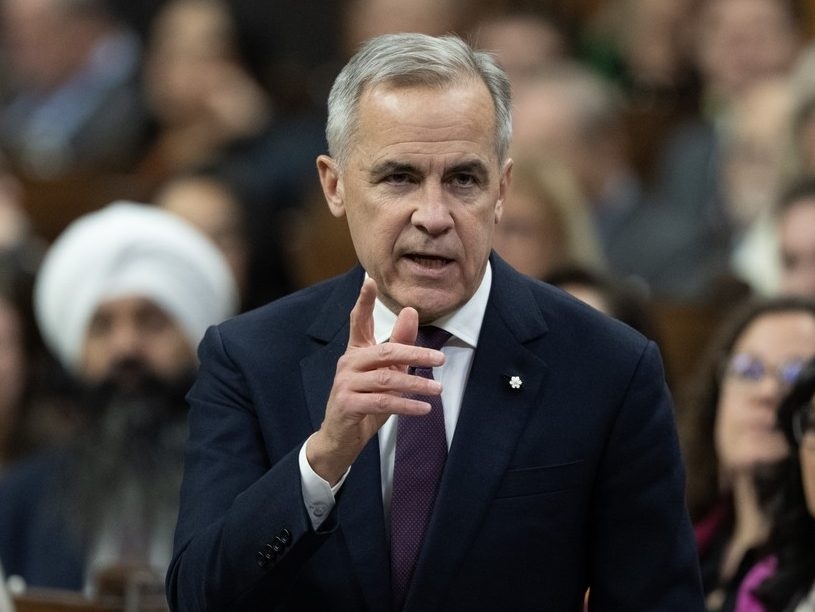
The conflict in Sudan erupted in April 2023 between the Sudanese army and the Rapid Support Forces (RSF), a paramilitary group with a history rooted in the horrific Darfur genocide of the early 2000s. The fighting has triggered the world’s largest displacement crisis, with both sides accused of blocking vital humanitarian aid.
Reports from the United States, human rights organizations, and a UN panel point to the UAE as a key supporter of the RSF, providing arms and logistical support. Gruesome videos circulating on social media allegedly show RSF members committing atrocities, while satellite imagery reveals evidence of mass killings.
The accusations are not merely anecdotal. Evidence suggests that flights ostensibly carrying humanitarian aid to Sudan may instead be delivering weapons, and that gold continues to flow from Sudan to the UAE, potentially financing the conflict. Despite these claims, the UAE vehemently denies any involvement.
Canada has yet to formally label the situation in Sudan as a genocide, a stance that has drawn criticism from observers like former Canadian ambassador to Sudan, Nicholas Coghlan. He argues that a public call from Carney for the UAE to respect a UN arms embargo would not jeopardize diplomatic relations.
Coghlan believes Canada risks damaging its reputation for upholding international law by remaining silent. He contends that decisive action – specifically, pressuring the UAE to halt support for the RSF – could have prevented the escalation of violence and the unfolding tragedy in Darfur.
The stakes are high. The outcome of this visit could signal whether Canada prioritizes economic gain over its commitment to human rights and international norms. The world is watching to see if Carney will address the allegations surrounding the UAE’s role in Sudan, or if economic interests will take precedence.
Beyond the immediate crisis, the visit also saw an extension of a code-share agreement between Air Canada and Emirates airline, solidifying aviation ties. Canada also hopes to attract Emirati investment in key sectors like energy, technology, and infrastructure, aiming to diversify its economy.
The UAE, a major oil producer, has been actively investing in green technologies and climate change initiatives, and its sovereign wealth funds have already deployed significant capital within Canada. Trade between the two nations includes Canadian exports of arms, aerospace products, and agricultural goods, alongside imports of metals from the UAE.
While both nations publicly espouse a commitment to human rights, their interpretations differ significantly. The UAE positions itself as a counterweight to extremist ideologies, adding another layer of complexity to this delicate diplomatic dance. Carney’s journey continues, balancing economic ambition with the weight of a humanitarian crisis and a critical test of Canadian values.
